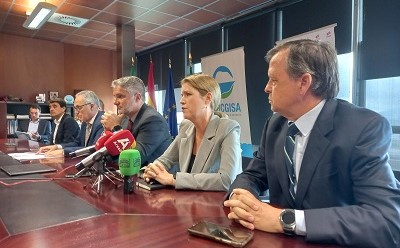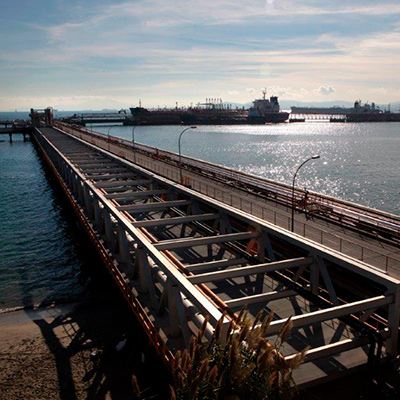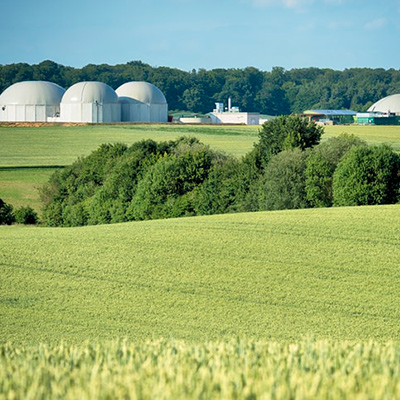- The company has reached an agreement with the public company Aguas y Servicios del Campo de Gibraltar (Arcgisa) to use recycled water from the region’s future wastewater treatment plant in its industrial facilities
- Cepsa to reuse the 4.2 million cubic meters of water that this treatment plant will process annually instead of dumping it into the sea, moving forward in its implementation of the circular economy
- This is a groundbreaking project in industrial urban water use in Spain, a practice that, according to the European Union, can reduce the use of drinkable water by 5%
- The energy company will also promote R&D&I activities for the recovery and recycling of solid urban waste managed by Arcgisa
The agreement is another step in the development of Cepsa’s Andalusian Green Hydrogen Valley, the largest green hydrogen project in Europe which will be located at its Energy Parks in Huelva and San Roque with a 3 billion euro investment.
This is one of Spain’s groundbreaking circular economy projects in industrial urban water use, a practice that, according to the European Union, can reduce global drinkable water consumption by 5%.
The treatment and purification of urban water for industrial use will be carried out in the new wastewater treatment plant (WWTP) that the Association of Municipalities and Arcgisa plan to build on land near the Energy Park facilities, which was ceded years ago by Cepsa to the City of San Roque. This new facility will have tertiary treatment for wastewater that will amount to 4.2 million cubic meters per year, which will no longer be dumped into the sea, but instead reused by Cepsa in its facilities. This is equivalent to the yearly average water consumption of more than 21,000 four-person households.
During the presentation of this agreement, Rosero Rivero, director of the San Roque Energy Park, said: "Cepsa's commitment to reducing its environmental footprint and decarbonizing its activity and that of our customers through our Positive Motion strategy, which is propelling innovative actions such as using urban wastewater for industrial purposes for the first time in Campo de Gibraltar. These moves strengthen our commitment to being a significant player in our country's energy transition.”





